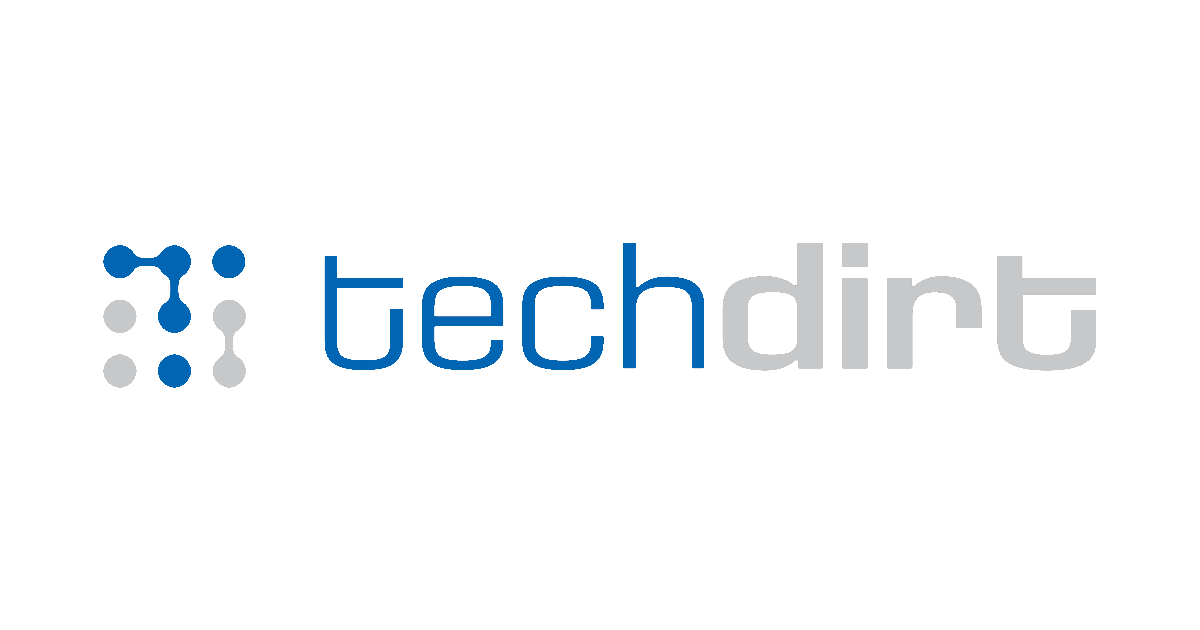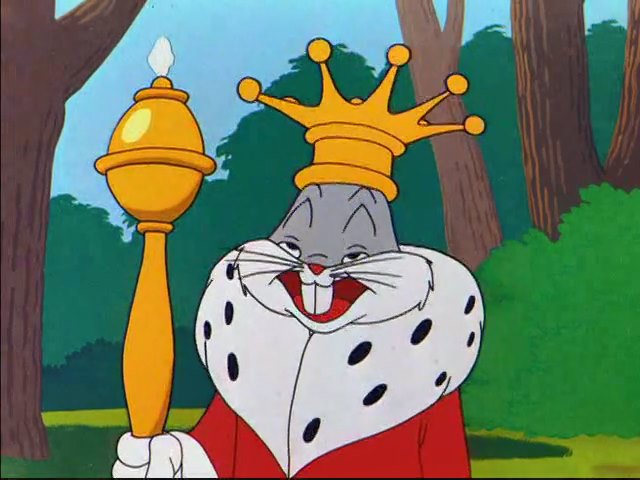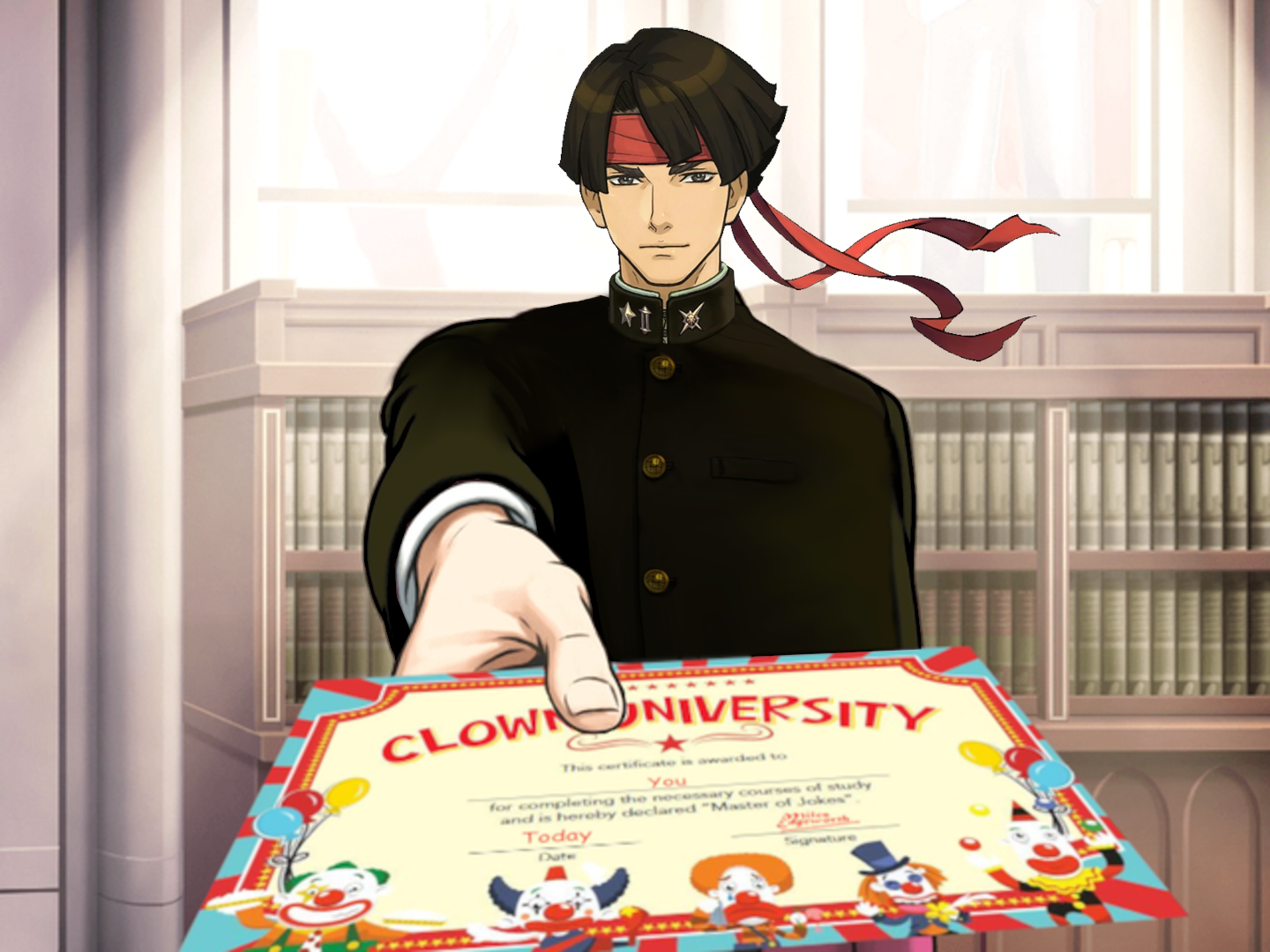[His] opinion asserts that manipulating transient data generated during gameplay through third-party software does not infringe copyright according to the EU’s Computer Programs Directive. This distinction between protecting a game’s code and the temporary data it generates is a very significant one for all developers of game-enhancing tools.
The Advocate General also highlighted that the variable values in question are not original works of the game’s author but result from player interactions and game progression, which are unpredictable and dynamic. Since they depend on unforeseeable factors, these values lie beyond the author’s creative control.
That is an interesting distinction, the code to generate your health total is copyright but the actual health value you modify with cheats is not.
The music on the CD is copyrighted, but you’re free to use the Bass Boost feature or whatever on the thing you’re playing the music from
Yeah honestly this makes a lot of sense to me.
This makes sense to me, and is in line with recent interpretations about AI-generated artwork. Basically, if a human directly creates something, it’s protected by copyright. But if someone makes a thing that itself creates something, that secondary work is not protected by copyright. AI-generated artwork is an extreme example of this, but if that’s the framework, applying it to data newly generated by any code seems reasonable.
This wouldn’t/shouldn’t apply to something like compression, where you start with a work directly created by someone, apply an algorithm to transform it into a compressed state, and then apply another algorithm to transform the data back into the original work. That original work was still created by someone and so should be protected by copyright. But a novel generation of data, like the game state in memory during the execution of the game’s programming, was never directly created by someone, and so isn’t protected.
This raises a rather sticky situation for the coming years. I have been seeing more and more posts about developers using GPT generated code in various projects. If a game is made and it is found that GPT was used for some parts of the core code, does the whole project lose its copyright?
I don’t see how this wouldn’t be derivative work. I highly doubt a robust, commercial software solution using AI-generated code would not have modified that code. I use AI to generate boilerplate code for my side projects, and it’s exceedingly rare that its product is 100% correct. Since that generated code is not copyrightable, it’s public domain, and now I’m creating a derived work from it, so that derived work is mine.
As AI gets better at generating code and we can directly use it without modification, this may become an issue. Or maybe not. Maybe once the AI is that good, you no longer have software companies, since you can just generate the code you need, so software development as a business becomes obsolete, like the old human profession of “computer.”
Who ever thought of this?? “Cheats are copyright infringement” is such a stupid sentence… Not to forget the base line: if it’s not in a competitive environment, what the hell do they care if someone wants to play an easier Elden Ring, or skip the ‘grind 100 hours for this materials’ part??
I remember when a friend of mine got that and showed it to me and I thought it sucked because it made the games too easy, but never in my life would I have thought anyone was infringing copyright by using it.
Publishers who want to sell you single player progress by making in game progress unfun and slow
Assassins Creed Valhalla comes to mind
Idk how cheats still work but when I was a kid, I used a tool called cheat engine.
I used it a bit for FTL, but soon got bored.
Nintendo fuming
Their lawyers are vocally rubbing their hands rn
I’m now picturing lawyers aggressively humming at their hands.
You just had to make it about Nintendo to sound relevant
Okay, and?
I used to use Game Genie to make replays of already-completed games more difficult. By getting more entertainment from what I already had instead of buying new games, I was obviously stealing from the game publishers.
When the current copyright comes from books, wouldn’t plugins or transient changes/cheats be like taking side notes with a pencil on their individual copy?
Are side notes and annotations copyright infringements?
I would love to see them argue that taking snarky side notes, which change the tone of their words, is copyright infringement.







